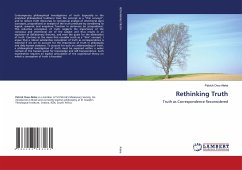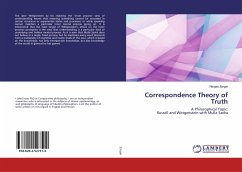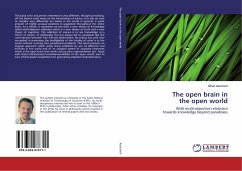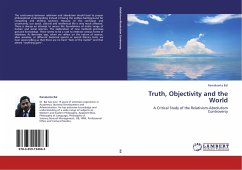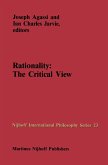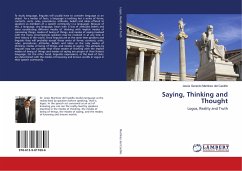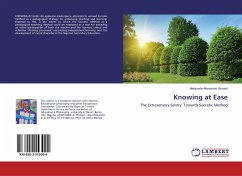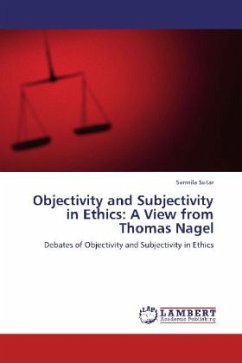Contemporary philosophical investigations of truth (especially in the analytical philosophical tradition) treat the concept as a "thin concept", and so reduce truth discourses to conceptual analysis of intentional signs (concepts, propositions) or analysis of the truth predicate by considering its logical, semantic and anaphoric function in sentences (or propositions). This reductive conception of truth neglects the importance of the conscious and intentional act of the subject and thus results in an explosion of deflationary theories, and even the quest for the elimination of truth. Contrary to the views that consider truth as a "thin" concept, I argue that a robust substantive conception of truth as correspondence is essential if we are to account for the importance of truth in philosophy and daily human existence. To account for such an understanding of truth, a philosophical investigation of truth must be explored within a wider context of the human quest for knowledge and self-transcendence. Such examination requires an explicit articulation of the cognitional theory on which a conception of truth is founded.
Bitte wählen Sie Ihr Anliegen aus.
Rechnungen
Retourenschein anfordern
Bestellstatus
Storno

